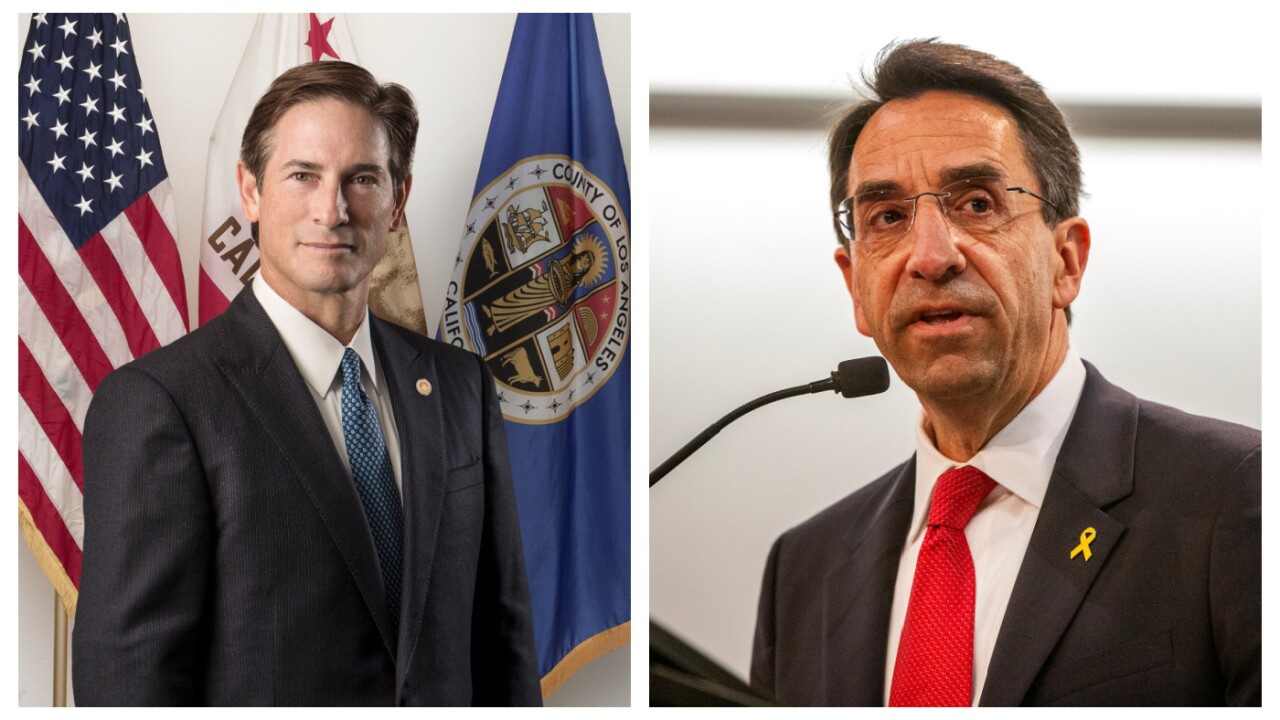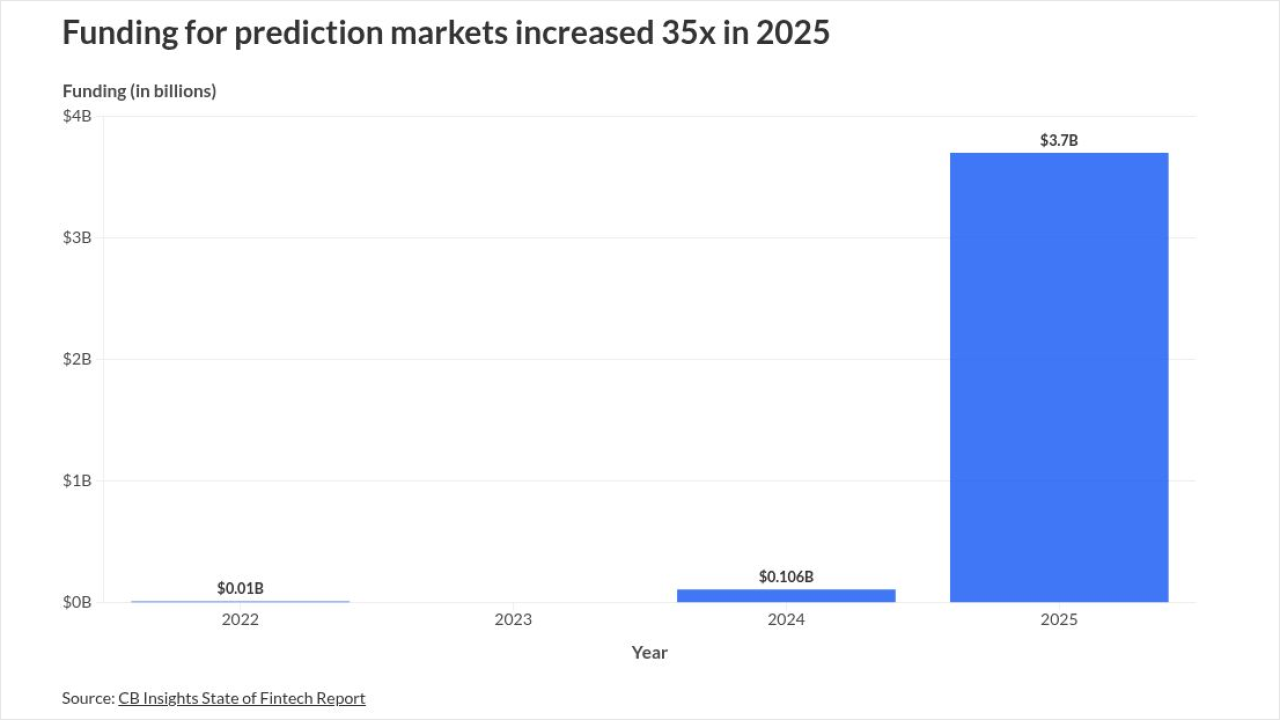Secondary mortgage market giant Fannie Mae, under fire for accounting lapses, agreed with regulators last week to raise its capital levels. The agreement announced by the Office of Federal Housing Enterprise Oversight will require Fannie to almost double its capital over the next nine months.
The agreement will also require the company to recalculate some major transactions all the way back to 2001 and tighten internal controls, but neither the company nor the regulator said whether it will entail a restatement of earnings, as was required of Freddie Mac for similar accounting shortfalls. Still, either OFEHO or the Securities and Exchange Commission is expected to force a restatement somewhere down the road.
The regulatory agreement came after OFHEO issued a report that found that Fannie had manipulated its books to meet Wall Street's profit targets by mistating the value of certain assets and transactions.
Some of the public statements following the OFHEO report were laughable. The first laugh came after the regulator boasted of its vigilance in discovery of the alleged malfeasance-three years after they occurred. You would have thought that the regulator would have seen the red flags after the same sleight of hand was discovered in the books of Freddie Mac. I mean, this federal regulator only oversees the two companies!
Still, the fallout of the latest accounting scandal is expected to extend well into the next Congress, bolstering the debate for tougher regulation of the two mortgage giants. Congressional credit union champion Paul Kanjorski, a Democrat, even suggested the latest scandal will strengthen efforts by the Republicans in Congress to fully privatize the two government sponsored enterprises. Kanjorski, a member of the House Financial Services Committee, predicted to attendees of NAFCU's Congressional Caucus last week that if the Republicans' hold on to the House and Senate, as well as the White House, they will move forward with an effort to privatize the two quasi-governmental agencies.





